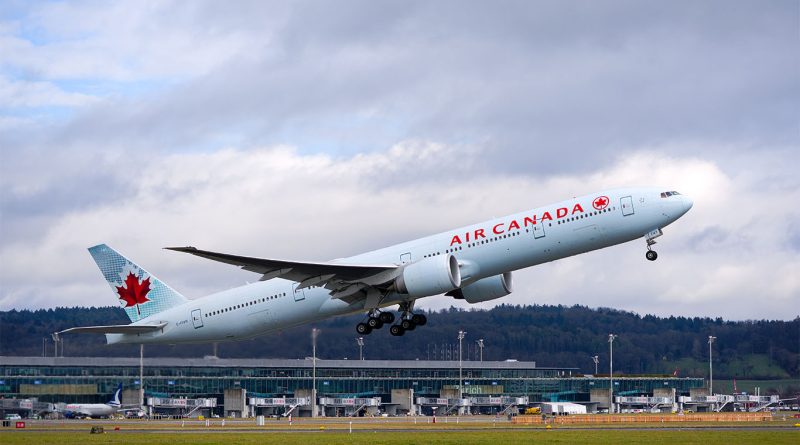Air Canada walkout halts thousands of flights as cabin crew demand fair pay
Subscribe to our free newsletter today to keep up to date with the latest transportation and logistics news.
Thousands of travelers faced widespread disruption this week as Air Canada flight attendants walked off the job in a strike that has grounded aircraft across the country and disrupted international routes. The strike, now in its third day, is the airline’s most significant labor action in more than a decade, with ripple effects felt across North America and beyond.
Strike escalates with growing disruptions
Since the walkout began, more than 2,500 flights worldwide have been cancelled, affecting operations at major airports including Toronto Pearson, Vancouver, and Montreal-Trudeau. Air Canada’s domestic and transatlantic schedules were hit hardest, with delays extending well into regional connector flights and overseas travel.
The Canadian Union of Public Employees, which represents roughly 10,000 flight attendants, is leading the strike after negotiations with the airline broke down over pay and scheduling issues. While Air Canada has maintained limited operations using management staff and third-party carriers, it confirmed that regular service may not resume without resolution from binding arbitration.
CUPE’s national president Mark Hancock said in a press release that the airline “refused to take seriously the reality of frontline workers’ lives.” He added that flight attendants were increasingly required to perform duties without proper compensation, particularly during long layovers when they are off the clock.
Inside the dispute over wages and working conditions
At the center of the dispute is the union’s call for more equitable compensation. Flight attendants are paid only for hours spent in the air. This means ground duties such as boarding, deplaning, and mandatory preflight checks are effectively unpaid. The union argues this practice undermines the value of cabin crew labor and fails to reflect the real demands of their schedules.
Air Canada, while acknowledging the challenges, said its compensation packages remain competitive within the industry. In its most recent statement, the company emphasized the pressures it faces from rising fuel costs and market volatility. Yet employees argue the airline’s post-pandemic profitability should lead to improved wage structures.
Industry analysts have noted that the strike reflects broader tensions within commercial aviation, where a return to full capacity has not been met with meaningful changes in labor standards. Airlines worldwide are under pressure to boost efficiency while navigating a tight labor market and growing scrutiny from regulators.
Legal pressure and government involvement
On the second day of the walkout, the Canada Industrial Relations Board issued an order requiring both parties to enter emergency arbitration. While this does not mandate an end to the strike, it places a legal framework around the ongoing dispute and could pave the way for a mediated settlement.
Federal Transport Minister Pablo Rodriguez urged both sides to reach an agreement quickly. Though the government has not yet intervened directly, it has said the situation is being monitored closely in light of the strike’s potential impact on national mobility and commerce.
Previous rulings have limited the use of strikes within federally regulated industries such as transportation, but legal experts believe the union’s action is within its rights under current labor law.
Travelers face delays as airline scrambles
Passengers have reported long waits, limited support services, and inconsistent communication from Air Canada as it struggles to manage the fallout. While the airline has offered rebooking and refund options, many travelers have voiced frustration over the lack of real-time updates and limited access to alternative flights.
The tourism industry has also expressed concern. Travel operators and hospitality businesses warn that continued disruption could dampen international travel during a critical late-summer window, especially for visitors arriving from the United States and Europe.
In a memo sent to employees, Air Canada CEO Michael Rousseau acknowledged the strain placed on customers and staff, pledging to restore service “as quickly and fairly as possible” once negotiations resume in earnest.
What comes next
A mediated settlement has ended the strike and Air Canada will begin gradually resuming service. Full restoration of operations may take seven to ten days as crews and aircraft are repositioned and schedules rebuilt. The airline has said customers with cancelled trips will be offered refunds, credits or options on alternate carriers and urged patience as recovery unfolds.
Sources:
